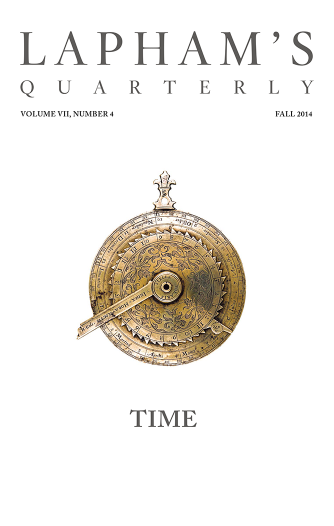If we compare crimes by the mischief of their effects, the same fact, when it redounds to the damage of many, is greater than when it redounds to the hurt of few; and therefore, when a fact hurteth not only in the present but also, by example, in the future, it is a greater crime than if it hurt only in the present: for the former is a fertile crime and multiplies to the hurt of many; the latter is barren.
To maintain doctrines contrary to the religion established in the commonwealth is a greater fault in an authorized preacher than in a private person; so also is it to live profanely, incontinently, or do any irreligious act whatsoever. Likewise in a professor of the law, to maintain any point or do any act that tendeth to the weakening of the sovereign power is a greater crime than in another man. Also in a man that hath such reputation for wisdom as that his counsels are followed or his actions imitated by many, his fact against the law is a greater crime than the same fact in another: for such men not only commit crime but teach it for law to all other men. And generally all crimes are the greater by the scandal they give: that is to say, by becoming stumbling blocks to the weak, that look not so much upon the way they go in, as upon the light that other men carry before them.
From Leviathan. Philosopher, scientist, and historian, Hobbes first gained recognition for his political thought in 1640 when Royalists used arguments from one of his treatises during a debate in parliament. During the English civil war, he sought safety in Paris where he would remain for more than a decade—experimenting with optics, instructing Charles II in mathematics, and writing Leviathan.
Back to Issue

